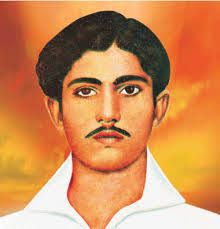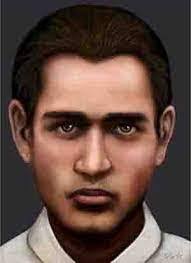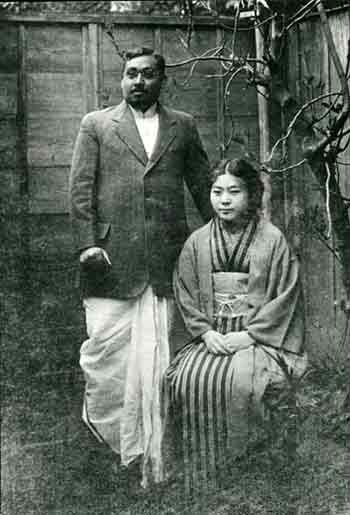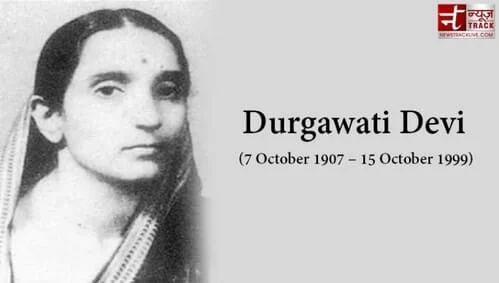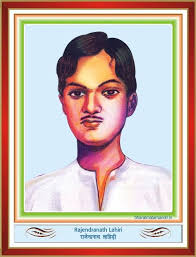Hemu Kalani, a name etched in the annals of Indian history, embodies courage, sacrifice, and unwavering commitment to the cause of freedom. Born on July 23, 1923, in the taluka of Thano Bola Khan in Hyderabad, Sindh (now in Pakistan), Hemu Kalani emerged as a symbol of resistance against colonial oppression during the tumultuous period of India’s struggle for independence. His story is one of valor and resilience, a testament to the indomitable spirit of those who dared to defy tyranny.
Early Life and Education
Hemu Kalani was born into a modest family in the Sindh province of British India. Despite the economic challenges that his family faced, Kalani displayed exceptional academic prowess from a young age. His early education laid the foundation for his future endeavors, instilling in him a sense of social responsibility and a deep-rooted desire to contribute to the betterment of society.
Awakening to Nationalism
The socio-political milieu of colonial India, marked by exploitation and discrimination, served as a catalyst for Kalani’s awakening to nationalist ideals. Influenced by the fervor of the independence movement sweeping across the subcontinent, he became increasingly drawn to the cause of liberation from British rule. Kalani’s commitment to the nationalist struggle was fueled by the injustices he witnessed in his own community and the pervasive sense of indignation at the colonial system.
Role in the Freedom Movement
Kalani’s journey as a freedom fighter began with his active involvement in various youth organizations and nationalist movements. He found himself at the forefront of protests, advocating for the rights of the oppressed and marginalized sections of society. His charismatic leadership and unwavering dedication soon earned him widespread admiration and respect among his peers.
Participation in Civil Disobedience
As the momentum of the independence movement grew, Kalani actively participated in civil disobedience campaigns and non-violent protests against British colonial rule. He embraced the principles of Satyagraha espoused by Mahatma Gandhi, believing in the power of truth and non-violence as potent weapons in the struggle for freedom. Kalani’s courage in the face of adversity and his willingness to endure hardship for the sake of his convictions inspired countless others to join the fight for independence.
Impact of Partition
The partition of India in 1947, which led to the creation of Pakistan, had profound implications for Kalani and millions of others residing in the region. The communal violence and mass displacement that accompanied partition left an indelible mark on the collective consciousness of the subcontinent. Kalani, deeply troubled by the human suffering unleashed by partition, continued to advocate for unity and communal harmony in the face of sectarian strife.
Resistance against Oppression
In the aftermath of partition, Sindh witnessed a wave of repression against those who dared to dissent against the new order. Kalani, undeterred by the risks involved, emerged as a vocal critic of the oppressive policies of the ruling authorities. He fearlessly spoke out against injustice and tyranny, earning him the admiration of his fellow compatriots and the ire of the establishment.
The Battle of Barrage
Hemu Kalani’s defining moment came during the Battle of Barrage in 1947, when he led a group of freedom fighters in a valiant attempt to resist the advancing Pakistani forces. Despite being outnumbered and outgunned, Kalani and his comrades displayed unparalleled courage and fortitude in the face of overwhelming odds. The battle, though ultimately unsuccessful, served as a stirring testament to the resilience of the human spirit in the pursuit of liberty.
Legacy and Martyrdom
Tragically, Hemu Kalani paid the ultimate price for his commitment to the cause of freedom. In February 1948, he was captured by Pakistani authorities and subjected to torture and interrogation. Refusing to betray his principles or betray his comrades, Kalani remained steadfast in his defiance until the very end. On March 21, 1948, he was brutally executed by hanging, martyring himself for the ideals he held dear.
Commemoration and Remembrance
Hemu Kalani’s legacy continues to inspire generations of Indians and Pakistanis alike. His name is revered as a symbol of courage, sacrifice, and unwavering commitment to the cause of freedom. Numerous memorials, streets, and institutions have been dedicated to honoring his memory, ensuring that his sacrifice will never be forgotten.
Conclusion
In the tapestry of India’s struggle for independence, Hemu Kalani occupies a hallowed place as a beacon of hope and resilience. His life exemplifies the spirit of sacrifice and dedication that characterized the freedom movement, reminding us of the profound sacrifices made by countless unsung heroes in the pursuit of liberty and justice. As we reflect on his legacy, let us draw inspiration from his example and strive to uphold the values of courage, integrity, and solidarity in our own lives and communities.

